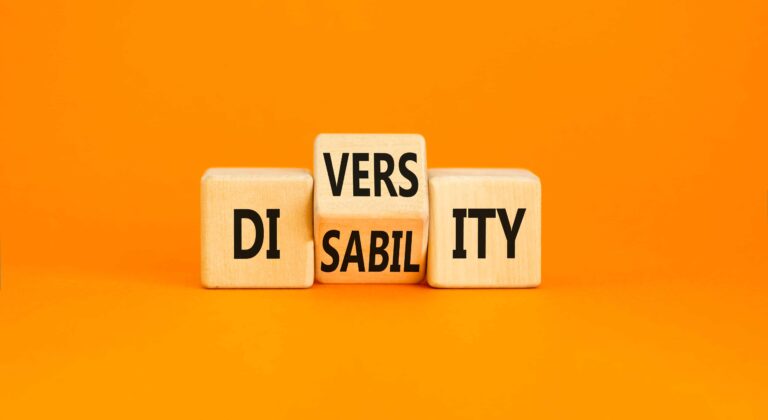Disability as a Human Condition
Impairment is a fact of the human experience, not the exception. Disability studies is highly relevant to all of us as we journey through life which is unpredictable. Human bodies change through all kinds of processes including aging and certain medical conditions, such as congenital disorders or even changes caused by an accident or trauma. Various forms of impairment may reappear later in one’s lifetime. One tends to live with, rather than vanquish, impairment.

Disability is most commonly associated with physical or mental impairment that impose limitations on how a person performs certain activities. Examples of impairment vary from hearing, sight, mobility to neuro developmental conditions such as autism and ADHD to name a few. There are laws put in place to prevent discrimination against people with disabilities including employment and transportation and to provide accommodations in various programs and services.
While it’s not to suggest that all people with impairments need additional support, when looked at in a broader sense, we all live with various forms and degrees of impairment. The key is not to let one’s impairment become a form of disability. In other words, with the right support, having an impairment does not necessarily have to lead to disability.
An important aspect of critical study entails analyzing the notion of disability and its representation in literature, film, and popular media. That’s because oftentimes portrayals of disabled figures have the tendency to influence cultural perception of disabilities.
